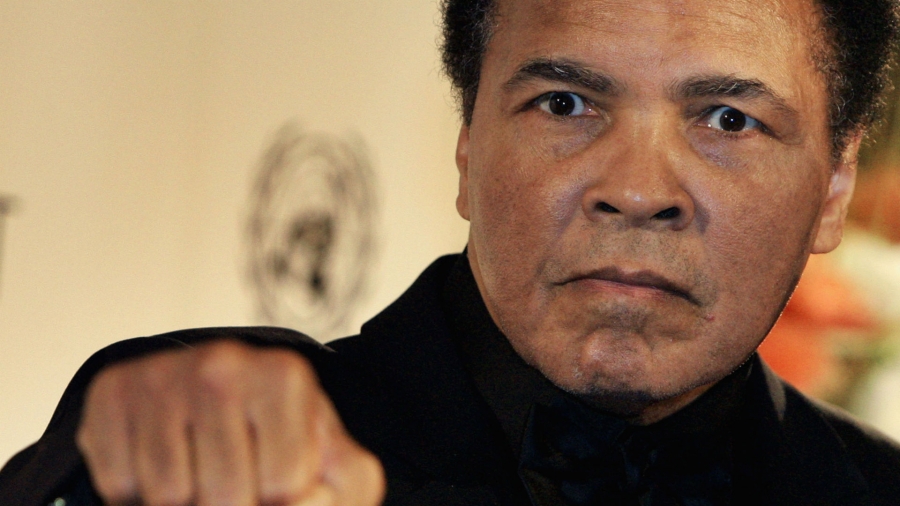As a sports-minded teen growing up in West Virginia in the mid 60’s, I was an impressionable witness to the metamorphosis of a brash young boxer named Cassius Clay into the more fully formed adult who became known as Muhammad Ali.
Our town wasn’t exactly a bastion of racial or social tolerance, so there wasn’t much local sympathy when Ali was stripped of his title and livelihood, fined, and sentenced to prison for refusing to be drafted into the military. Though his conviction was eventually overturned by an 8-0 Supreme Court decision, he still paid a heavy price.
It took me a while to come to grips with the fact that, whereas Ali was as good a promoter as he was a fighter, his decision to reject the draft notice was based far more on conviction than self-promotion. And in that respect, his actions proved more respectable than those of some of my classmates who found more surreptitious ways to avoid military service in the same increasingly unpopular war. He at least stood up and said, “No” in an unwavering voice.
Whether as parents, business or civic leaders, this presents an enduring lesson for those of us who have accepted the mantle of leadership – notably that we, too must stand for something(s), and stand means stand. It’s not always going to be appreciated at the time, and there is often a personal price to be paid. Yet, people who look to us for leadership have a right to expect that we will find our voices when circumstances call for it, and that those voices will be equally clear and resolute when we say, “No, we’re not going there”, “We can do better”, or to unambiguously call someone out who is behaving badly.
book richard or bill to speak for your meeting

